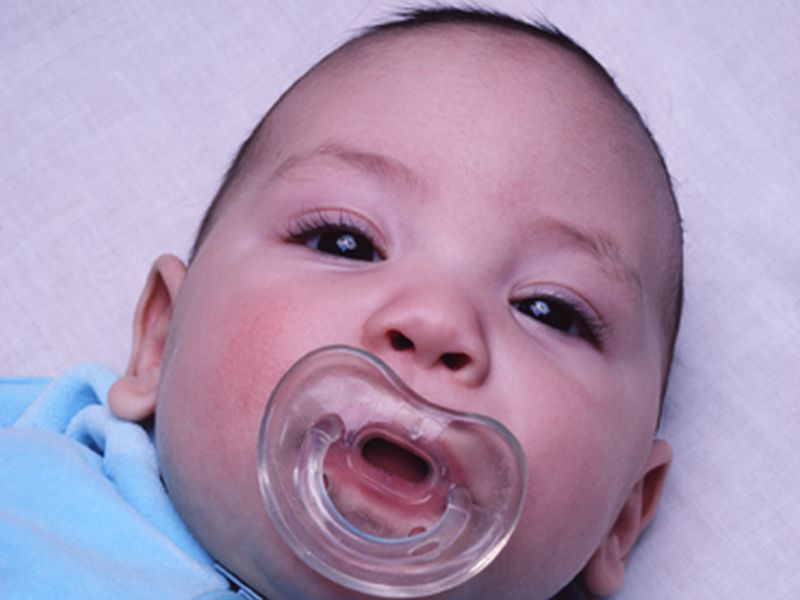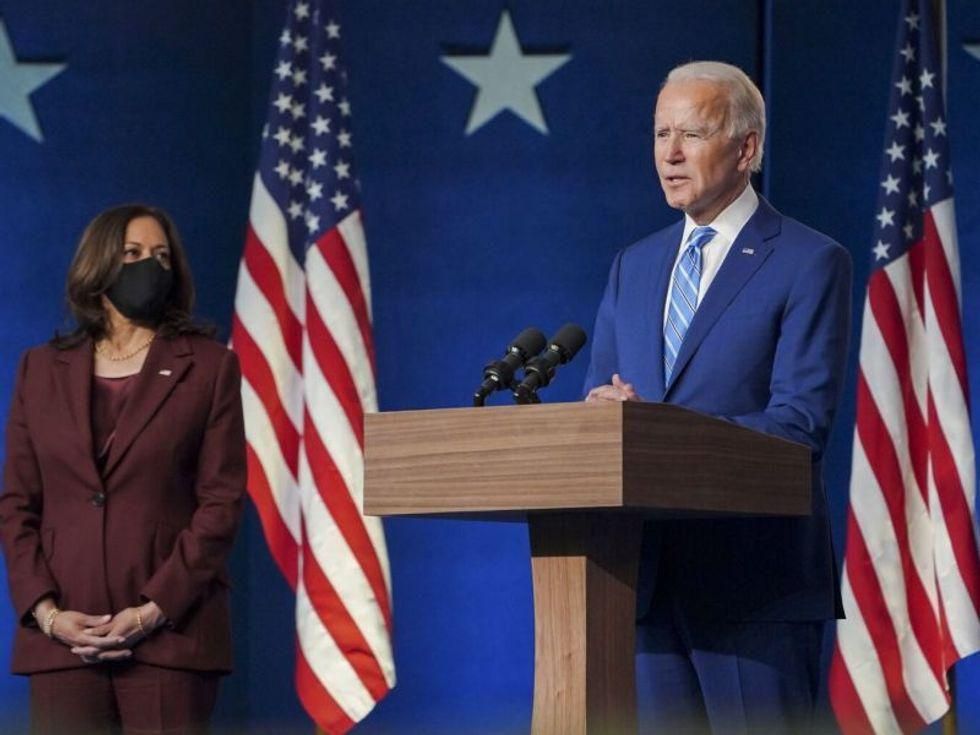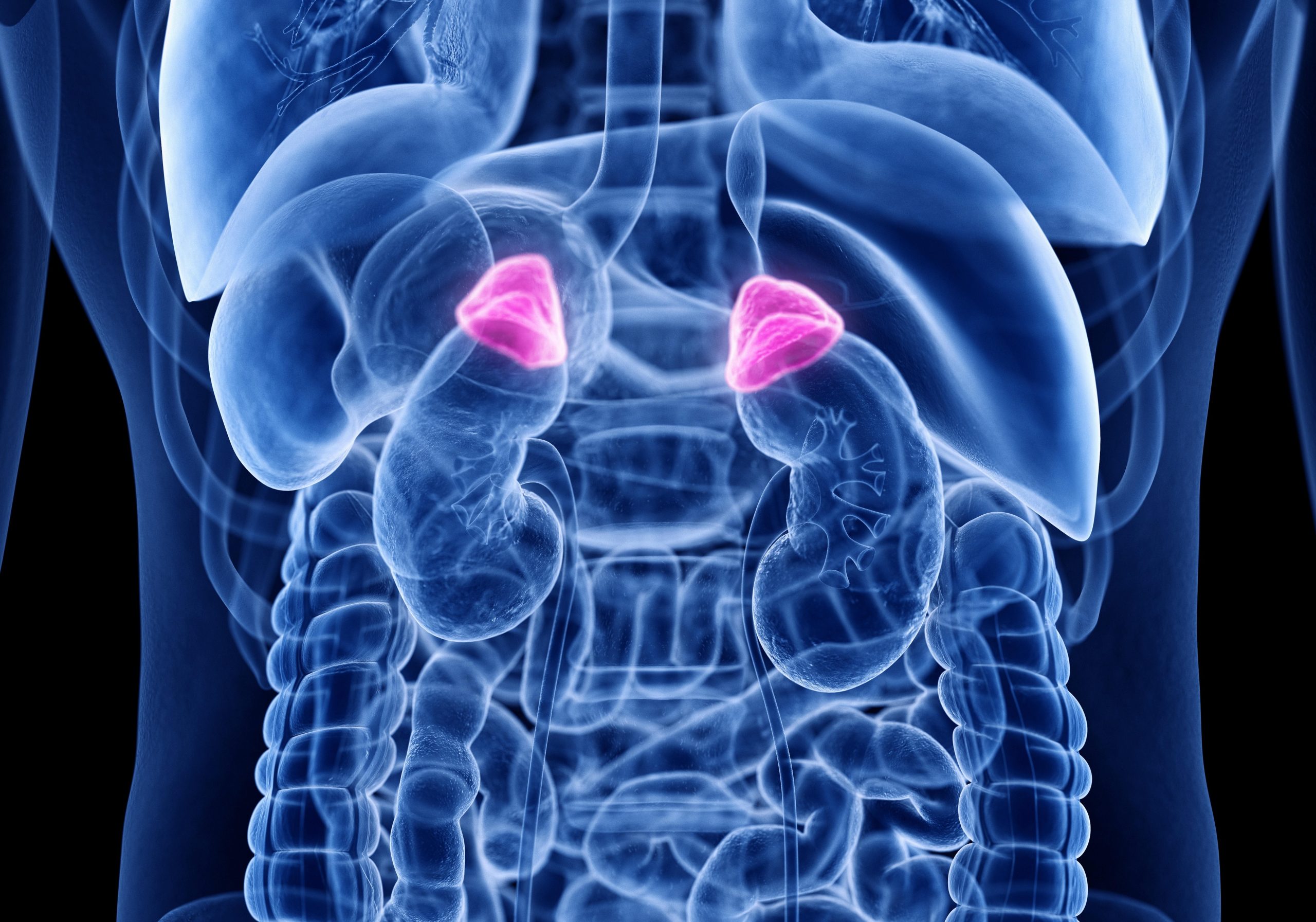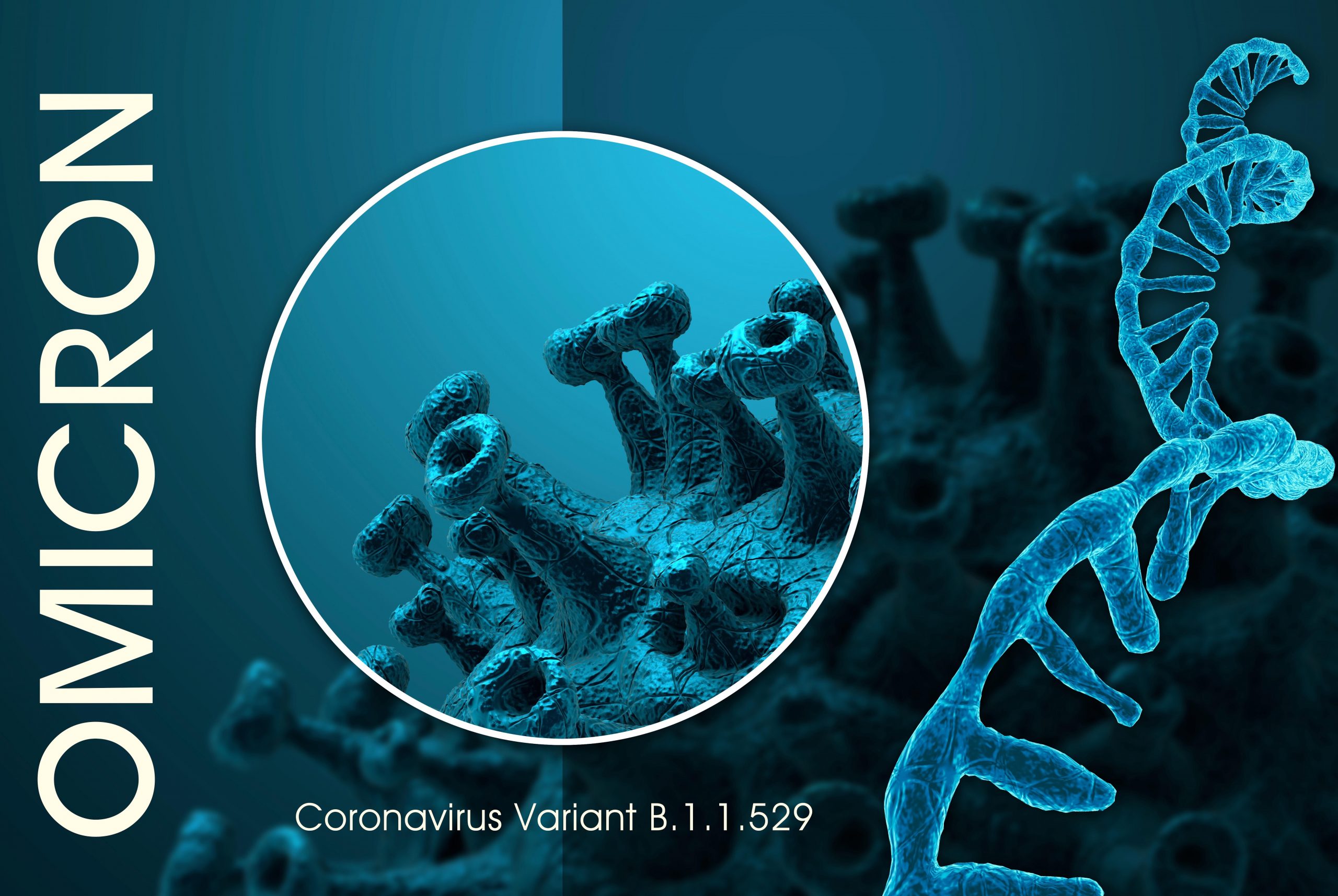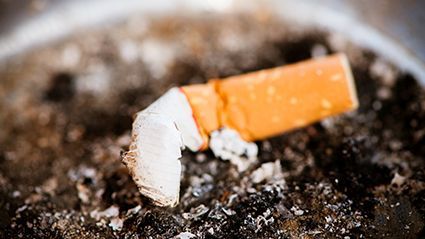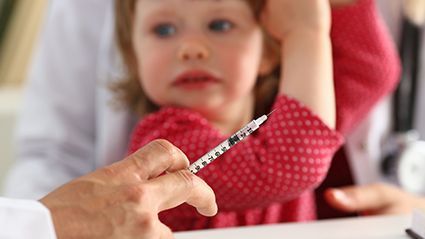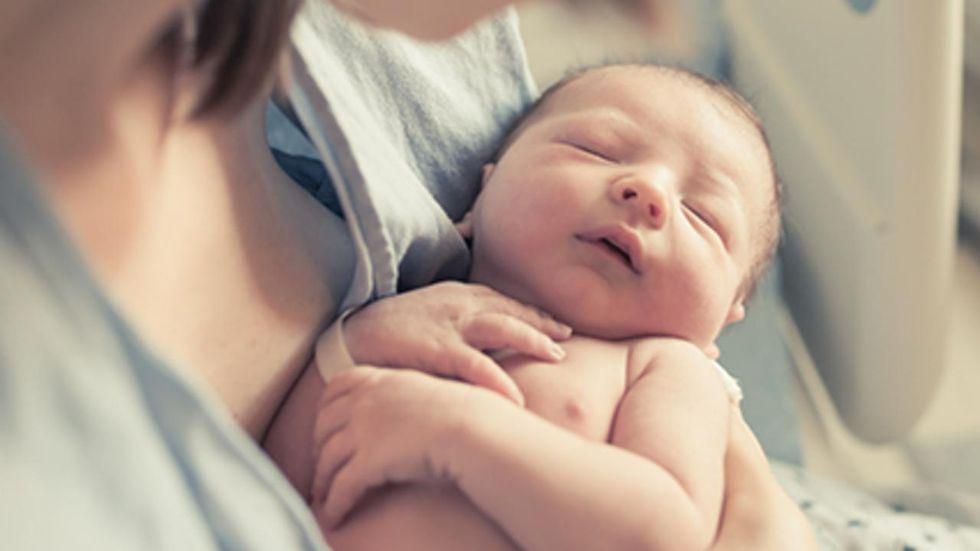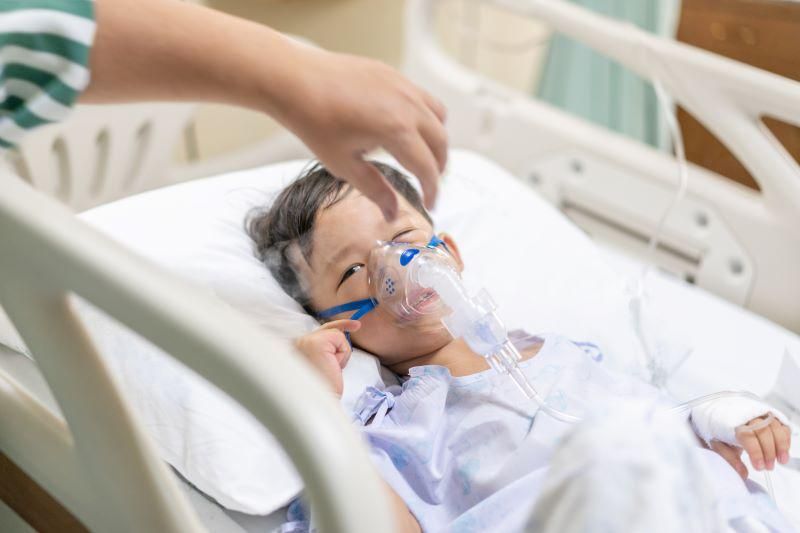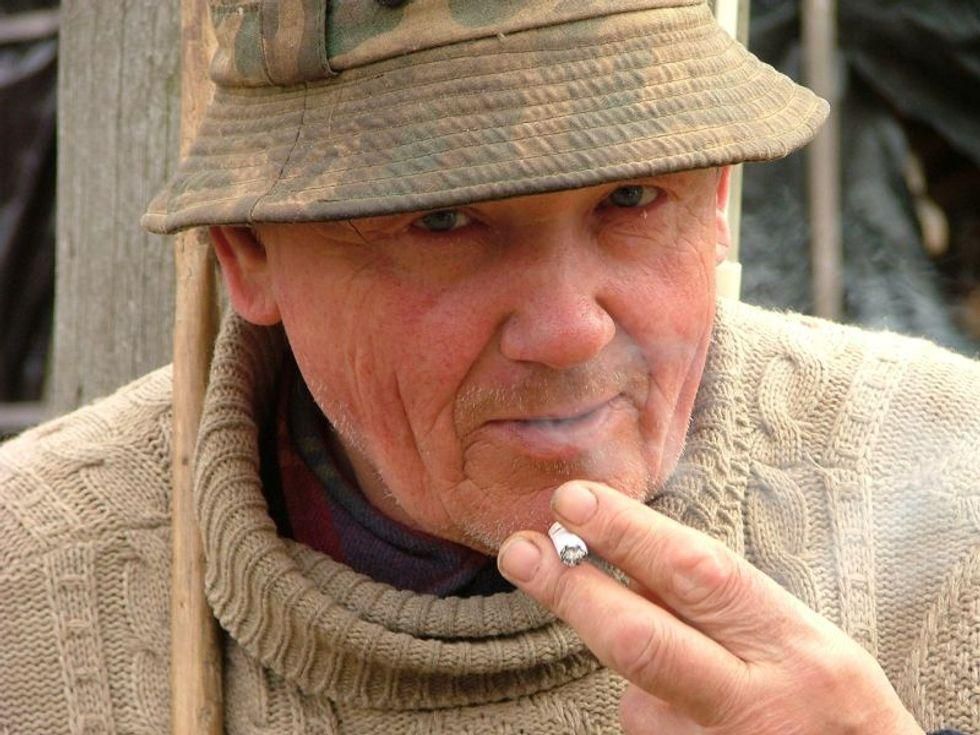
For smokers, new research suggests it really is never too late to quit. The study found that folks who kick their habit after a lung cancer diagnosis will likely live longer than those who continue lighting up. Investigators from Italy concluded that lung cancer patients who stop smoking at or around the time of their… read on > read on >










